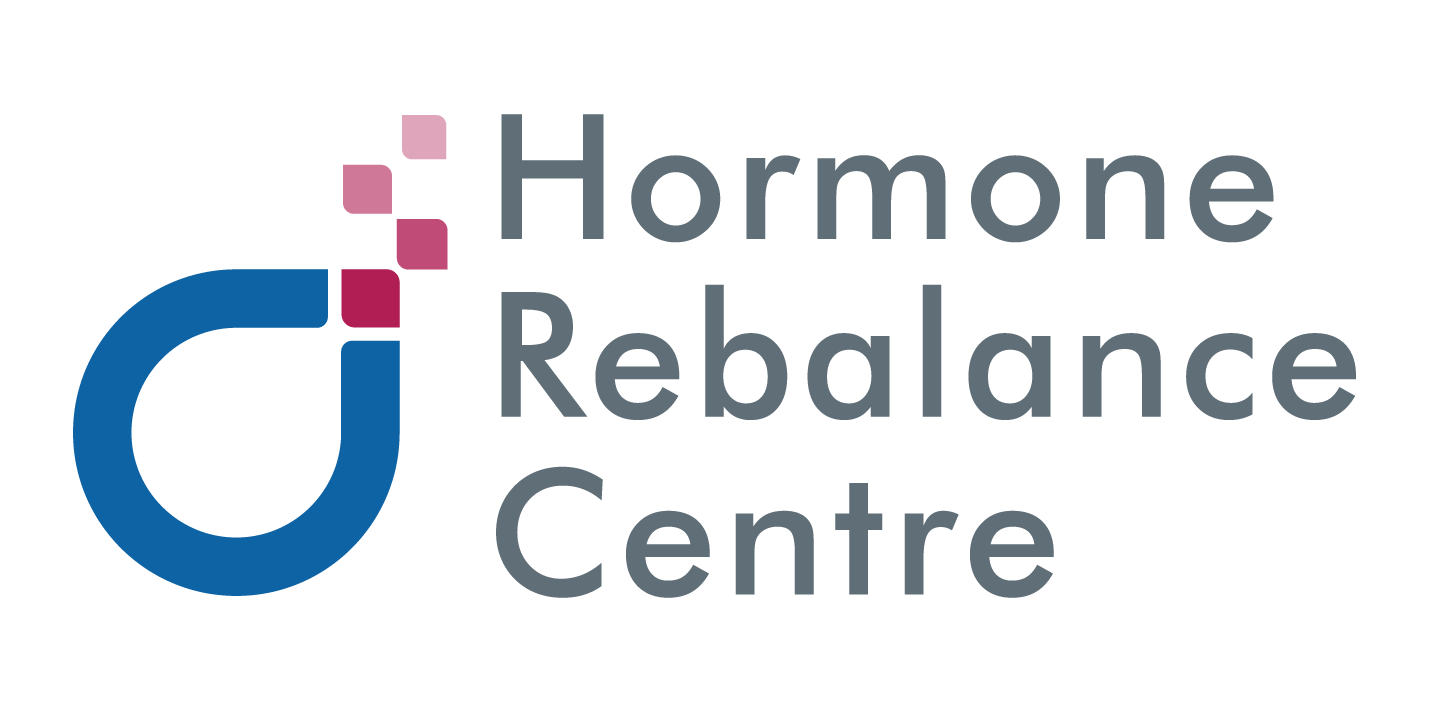What is the Ketogenic Diet?
Ketogenic Diet is a high fat, low-carbohydrate, and an adequate amount of protein diet that encourages your body to use fat rather than carbs as a source of fuel.
By consuming healthy fats and drastically decreasing carbohydrate intake, your body can enter ketosis – a process where your body breaks down fats and produces a substrate called ketones that are used for energy.
The ketogenic diet has become increasingly popular and has been getting a lot of hype. It’s important however to first understand if this is the right type of diet for you and to familiarize yourself with both the good and the bad that can result from this type of diet.
Is it right for women?
There is no arguing that the female and male bodies have different hormonal and metabolic needs. Therefore, women need to be very mindful of their bodies as they are attempting this type of diet.
Some factors that women need to consider:
- The status of your periods?
If you are between the ages of 15-45 and your periods are irregular due to PCOS (polycystic ovarian syndrome), or they are on the long side (over 35 days), the ketogenic diet may help restore your periods by balancing your blood sugar levels.
- Are you menopausal?
If you are over the age of 45, your hormones are likely starting to decline. Using glucose as a source of energy in the brain is an estrogen-dependent process. However, if you are around perimenopause/menopause and your estrogen starts to decline, it will be less efficient at utilizing carbs as a source of fuel and can, therefore, benefit from harvesting the power of ketones, at least periodically. This can improve your memory, focus, and mental sharpness. - Are you sensitive to carbs and do you have poor insulin regulation?
This doesn’t just mean having diabetes or pre-diabetes. Are you the type of person to feel noticeably irritable and shaky if you skip a meal? Do you get an energy crash after a high-carb meal (like pizza, pasta, desserts)? Do you have a history of gestational diabetes, fatty liver or elevated cholesterol? And are you prone to gaining weight in the abdomen? These are all signs that you may be sensitive to carbs and you could benefit from better balancing your blood sugar levels.
If you fall into this category and are looking for help and guidance on how to embark on low-carb eating, check out our Healthy Hormones, Healthy Weight Loss Program.
Beyond some of the considerations that women need to take into account, let’s now explore the general good and bad attributes of the ketogenic diet.
The Good
1. Aids Weight Loss & Increases Energy
Quick weight loss is one of the most popular results of the Ketogenic Diet. Fueling your body with healthy fats instead of carbohydrates can keep your blood sugar levels balanced and satisfy your hunger for longer periods of time, thus, naturally decreasing your daily calorie intake, put cravings at bay and steadily increase your energy throughout the day.
2. Improves Cognitive Functions
Because you are consuming more fat in a Ketogenic Diet, the body starts to use ketones as its source of energy. Ketones are a better fuel source for the brain than glucose, providing our brain with a new source of energy helps improve memory and mental clarity.
3. Improves Hormonal Imbalance
We’ve talked about this time and time again, sugar and carbohydrates can have a serious negative effect on your hormones. Since the Keto Diet is very low in carbohydrates and sugar, it can help reduce insulin levels, offset PCOS (polycystic ovarian syndrome), help irregular periods and it can even help improve fertility in women.
4. Reduces Inflammation
Insulin is the culprit in increased blood sugar levels, inflammation and other common chronic diseases such as heart disease, joint pain, and even cancer. Research shows that patients with chronic pain also see improvements with their problems when they followed a Ketogenic diet.
We always recommend that no matter what diet you eat, you eat plenty of whole foods, green vegetables and focus on above-ground vegetables that will also help reduce acidity in the body and hence inflammation.
The Bad
1. Keto Flu
Keto flu is a common side effect dieters experience within 3 to 5 days of being in a Ketogenic diet. This is a result when the body transitions from burning carbohydrates to fats as its source of energy. Symptoms include headache, fatigue, dizziness, irritability, cravings, and more. Luckily, this side effect is only temporary, but being sick is a challenge and can discourage you to continue to follow through this diet.
2. No long -term Studies
While there is plenty of research to support the health benefit of being in ketosis in the short-term, there is limited information available at this point about any long term effects.
We generally recommend cycling in and out of ketosis periodically, meaning introducing carbs once in a while and not being constantly in a state of ketosis. This helps make this diet more sustainable in the long run, mitigates any potential risks that may be unknown at this point and helps reduce a sense of deprivation.
3. Very Restrictive Diet
The ketogenic diet requires the elimination of certain good groups such as root vegetables, legumes, and most fruit. It’s also very common for Ketogenic dieters to eat unhealthy fats and processed high-fat foods. For both these reasons, we highly recommend you eat a variety of nutrient-dense vegetables, as well we focusing on plant-based sources of fat and protein to ensure you are eating a healthy, alkaline diet.
Ketogenic Diet can be very effective in lowering weight, increasing energy levels and improving the overall quality of life.
However, it’s important to point out that the Ketogenic diet is not meant for everyone, and you should consult a medical professional before going on a Ketogenic Diet. it’s also very important to honor your body and pay close attention to how it feels while on this diet, bearing in mind that the first 1-2 weeks are transitional. If after 1 month you are not feeling great, consider scaling back and introducing more carbs or consulting someone who is an expert in the area who can ensure you are doing things right.
If you are not sure where to start and you need help customizing a diet along the spectrum of low-carb up to keto, check out our Healthy Hormones, Healthy Weight Loss Program.



No Comments